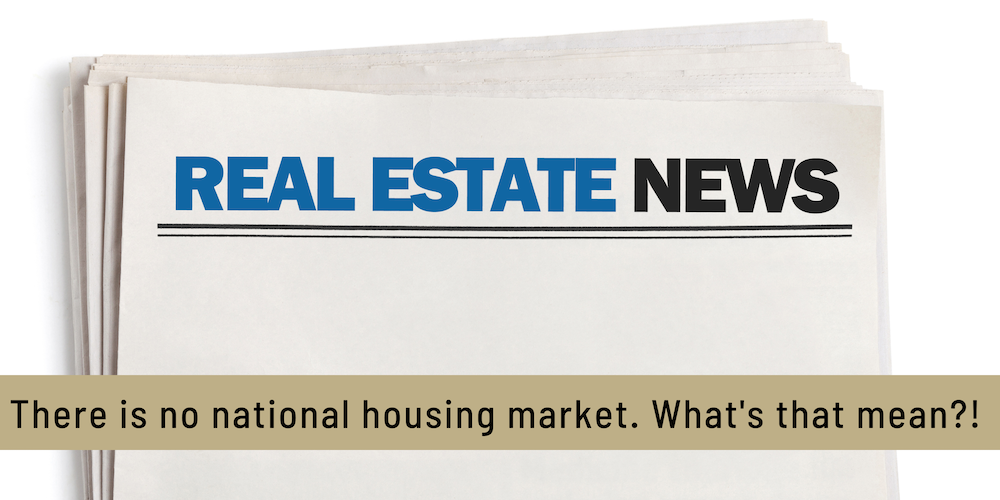
2023 has been a trying time in the housing market. In this post, we’ll explore the things that shaped the housing market in 2023 and take a look at the forecasts for the real estate market in 2024.
Factors Behind the 2023 Housing Market Slowdown
The real estate market in 2023 was affected by rising home prices, increased mortgage rates, and low inventory.
The spike in mortgage rates, which surged beyond 8% for the first time in over two decades, became a barrier for many potential homebuyers.
This increase not only diminished buying power but also sidelined a portion of the market.
The Federal Reserve’s response to inflation involved a hike in interest rates which further increased the market’s slowdown.
“The unusual combination of low supply and low demand caused home prices to remain elevated throughout the year, which was bad news for pretty much everyone,” laments Daryl Fairweather, Redfin Senior Chief Economist. “The market was extraordinary; it felt hot, even though very few homes changed hands.”
Housing Inventory and Price Trends in 2023
Despite the overall market slowdown, the prices of homes continued on an upward trajectory. This was primarily fueled by the shortage of inventory, a challenge that has been lingering for years.
The supply of homes remained significantly below the levels considered healthy for a balanced market.
Reports indicated that the housing inventory was about a two-and-a-half-month supply, starkly lower than the ideal six-month supply.
Predictions for the Housing Market in 2024
The housing market is poised for a period of gradual recovery and adjustment.
Industry experts predict a few key trends that could shape the real estate landscape in the coming year:
- Mortgage Rates: After reaching two-decade highs in 2023, mortgage rates are expected to start declining, providing some relief to potential homebuyers. While the rates are anticipated to ease, they are likely to remain within the 6% to 7% range, not low enough to significantly boost the inventory of existing homes.
- Housing Inventory: The inventory of homes for sale is forecasted to see a modest increase. This is partly due to more sellers expected to enter the market, having delayed selling in the past two years. A 30% increase in housing inventory is anticipated, which could help balance the demand-supply dynamics to some extent.
- Home Prices: Despite the challenges, house prices are projected to continue their upward trend, albeit at a slower rate compared to 2023. The prediction is a national increase of around 2.7% in home prices for 2024.
- Market Recovery: Certain U.S. markets are expected to experience a faster recovery in home sales. This recovery is likely to be influenced by the regional economic conditions and the specific characteristics of local housing markets
“The demand for housing will recover from falling mortgage rates and rising income,” Yun said. “In addition, housing inventory is expected to rise by around 30% as more sellers begin to list after delaying selling over the past two years.”
In summary, while the housing market in 2024 may not witness a dramatic turnaround, the expected easing of mortgage rates and a slight improvement in inventory levels hint at a more favorable environment for both buyers and sellers. This anticipated shift could mark the beginning of a new phase in the housing market. While the full impact of these changes remains to be seen, they signal a move towards greater stability and opportunity in the real estate sector.







